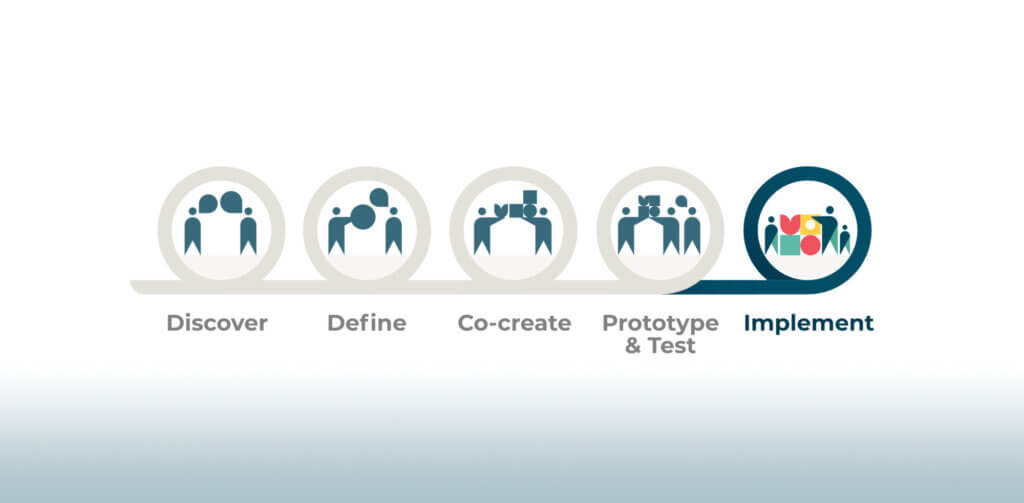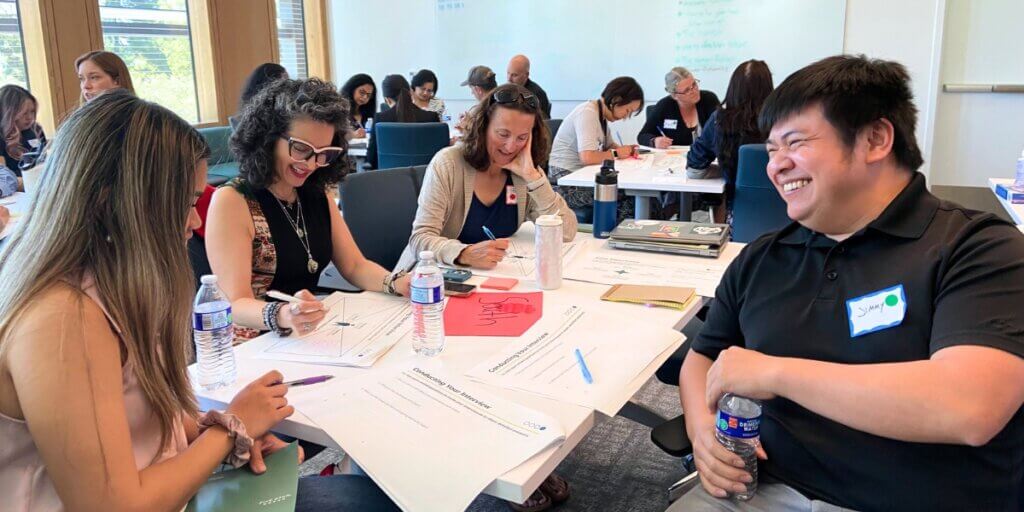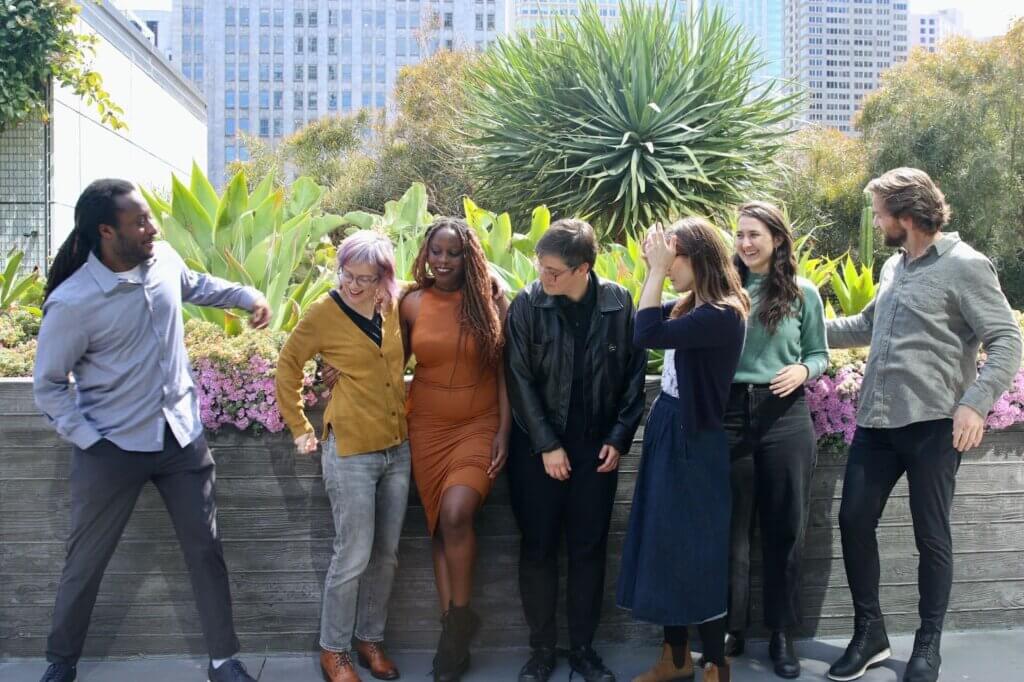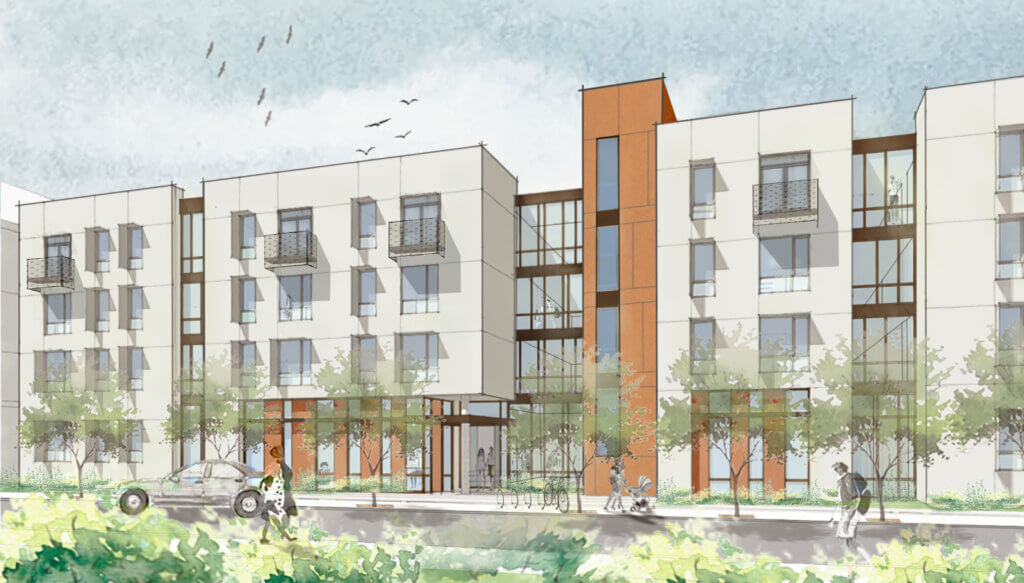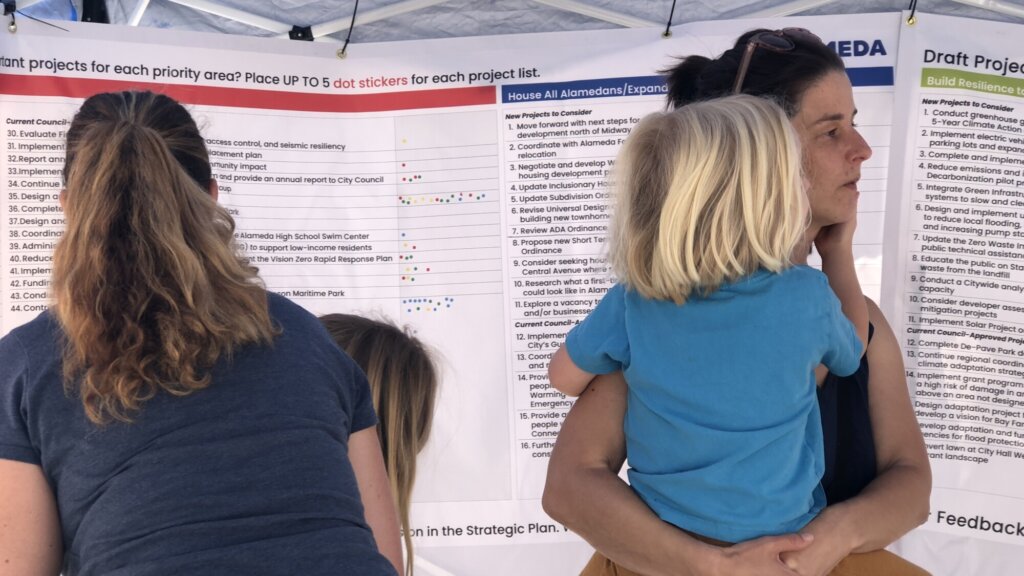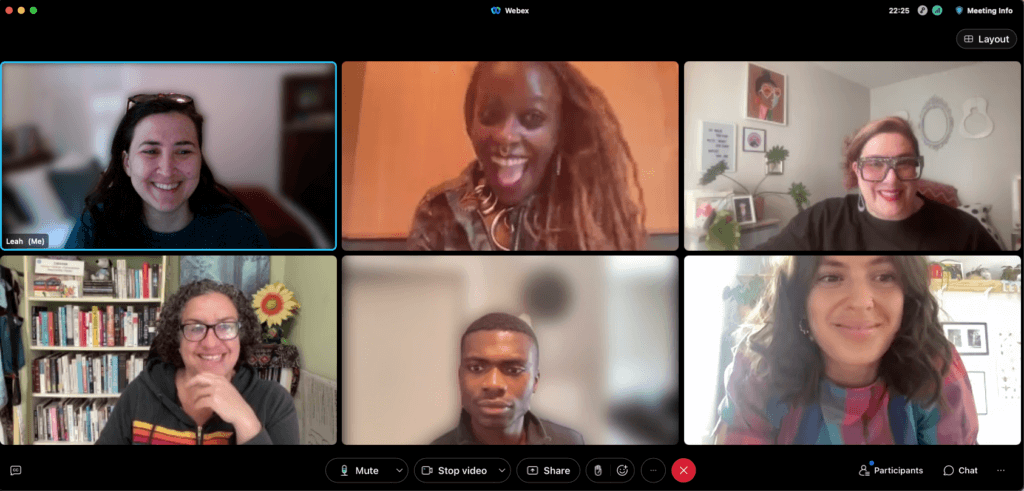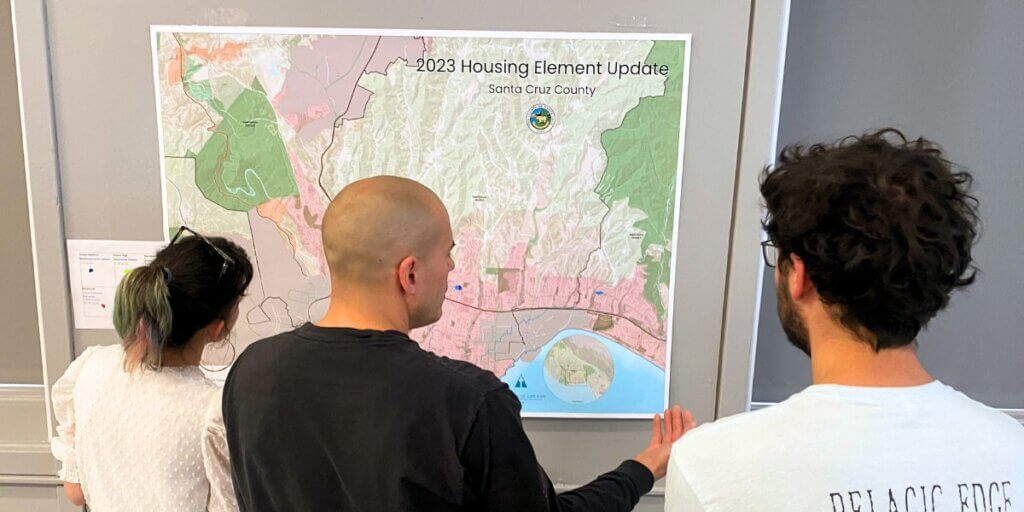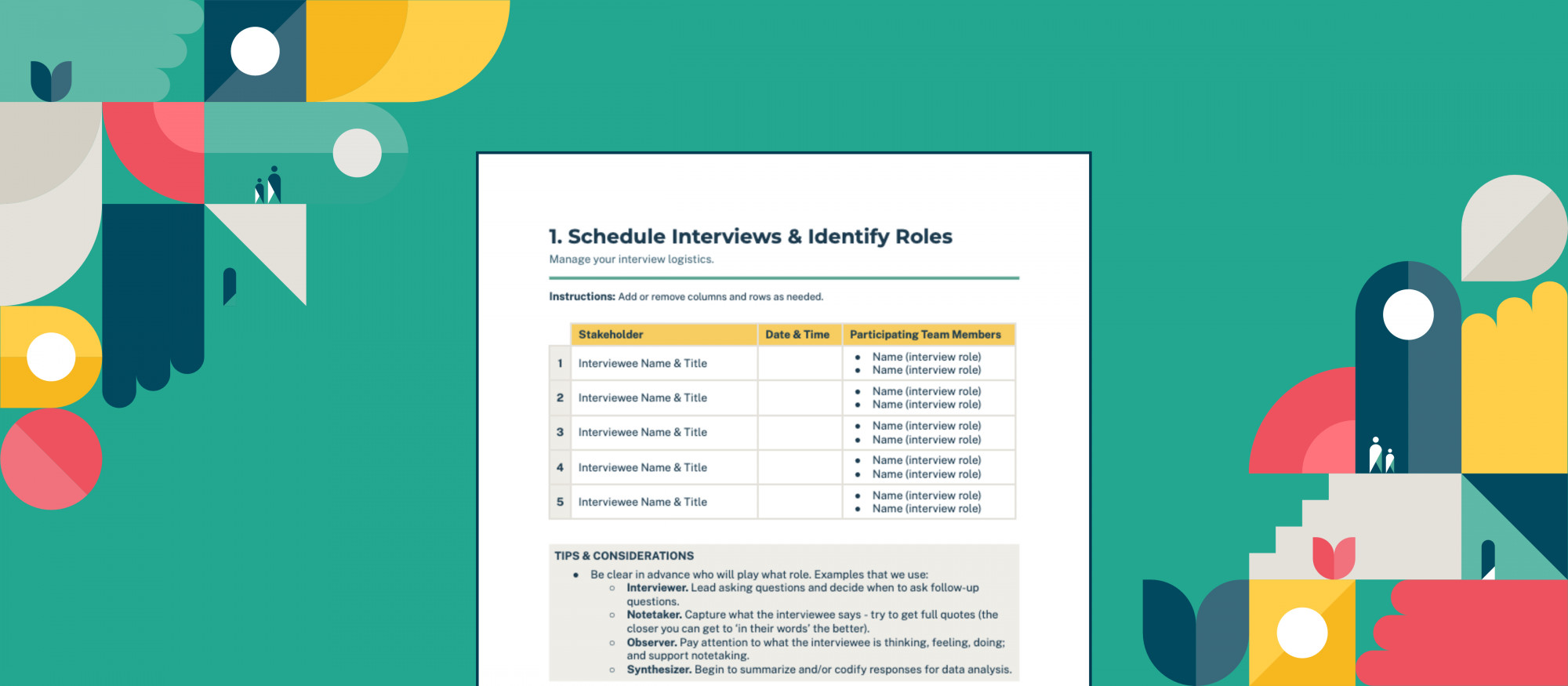
Last Updated: November, 2021
The Stakeholder Interview is one of the most powerful tools in the human-centered design toolbox. Interviews are a cornerstone for all our projects, because they:
- Efficiently Unearth Insights. You can learn so much from a 30 minute conversation.
- Help Mitigate Your Biases. Open ended questions allow you to learn so much more about the context than you could ever structure into a survey.
- Build Relationships & Buy-In. Inviting someone to participate in the design process helps to engage them in finding (and implementing) a solution.
Usage Tips
Recommended Roles: ~2 Co-Designers
- Together, develop initial questions based on your research plan. Review the questions to ensure they are accessible and clearly align with your research goals for the interviews.
Design Tips: ~1 Facilitator & 1 Notetaker
- If possible, read the questions out to a partner, and ask if the questions are clear and sensible
- In the case where the questions need to be regrouped or rephrased after the feedback session, invite your partner to test the questions again. Identify changes and reiterate, as needed.
- Consider how you will keep track of notes and analyze the response data. We recommend creating a separate notes document for each interview and then identifying a single location to conduct your analysis.
Next Steps: After conducting these interviews, consider how this data analysis fits alongside parallel research efforts and deliverables. See our Data Synthesis Plan template for more resources on translating research into insights.
Acknowledgements
The template and instructions have been developed by our team members Cristelle Blackford, Judi Brown, and Leah Tremblay-Adams. Tips and tricks for the different interview roles have been inspired by the Stanford D. School and ‘How to Make Sense of Any Mess’ (by Abby Covert).
Licensing
 This work by CivicMakers, LLC is licensed under a Creative Commons Attribution-NonCommercial 4.0 International License.
This work by CivicMakers, LLC is licensed under a Creative Commons Attribution-NonCommercial 4.0 International License.
This license allows reusers to distribute, remix, adapt, and build upon the material in any medium or format for noncommercial purposes only, and only so long as attribution is given to the creator.
